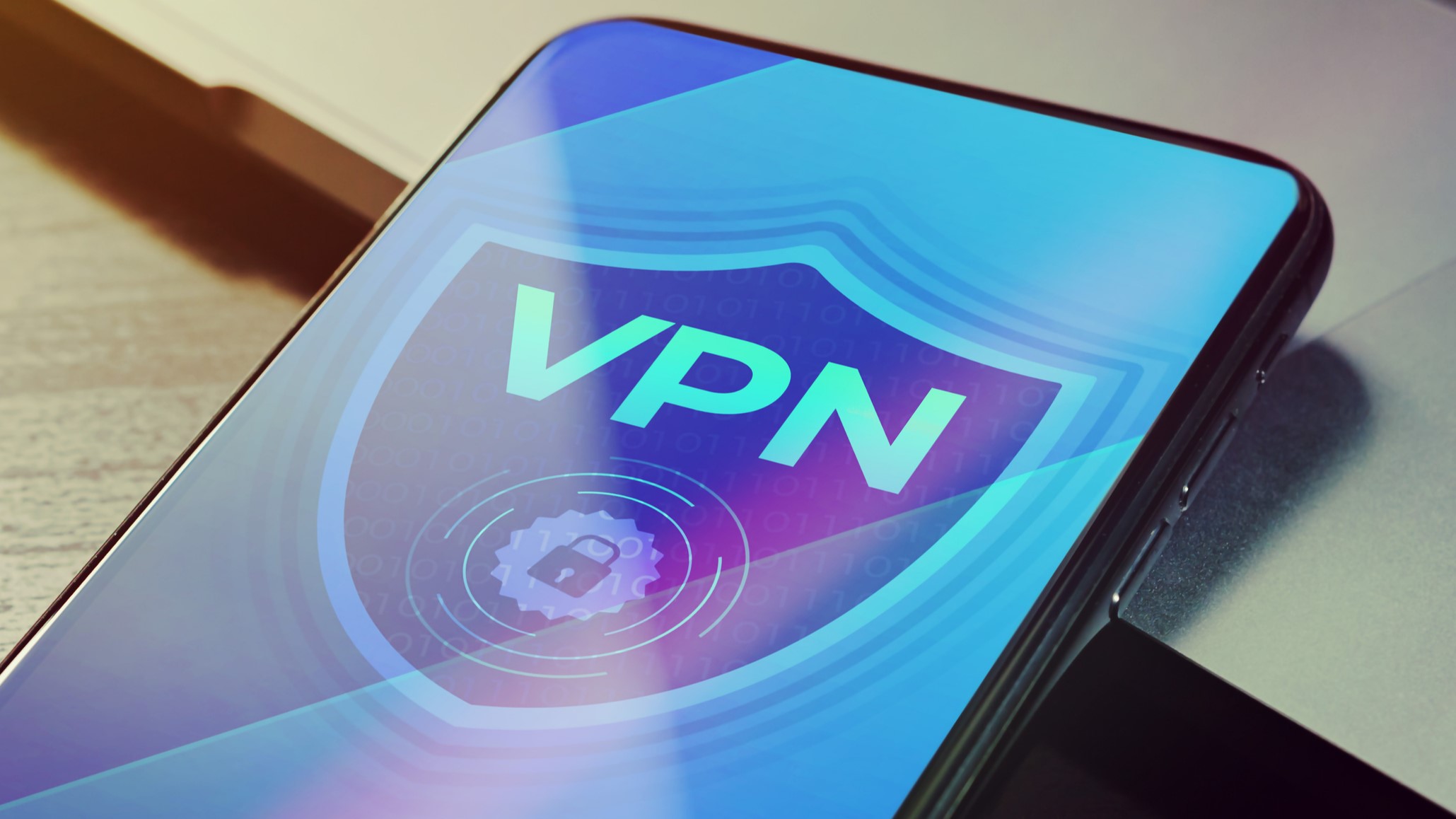Mobile scam in Dubai shows why you shouldn't trust disreputable VPNs
Don't fall for a virtual phony network

Considering you're going to trust it with your privacy, safety, and potentially your secrets, it makes sense that you wouldn't want to settle for anything less than the best VPNs.
Unfortunately, some users in Dubai have literally paid the price for downloading the wrong mobile app. That's right, dodgy phone VPNs have been taking money from the pockets of users in Dubai without the owner's knowledge.
According to the Khaleej Times, the malicious mobile VPN drained users' pre-paid phone credit behind their backs. One user reportedly lost Dh200 (over $50) in just a month, a not-insignificant drain on the wallet.
If this scam teaches us one thing, it's to vet apps before we give them permission on our devices. The VPNs in this case were obviously no good, but how can you find a trustworthy provider?
Be wary of free VPNs

For a starter, all of the names on our best free VPN guide are completely legit, but if you think you've found something else worth signing up for then be careful. Does it sound too good to be true?
Most free VPNs have some kind of limitation separating them from the premium services. Is there a data limit or perhaps only a small number of servers? What's in it for the provider? As a rule of thumb, we don't like recommending any VPN that doesn't have a premium version alongside it. With the likes of ProtonVPN and PrivadoVPN you know their money comes from people upgrading their service, not other sources.
If you do take the plunge and install one of these VPNs on your phone or computer then keep track of what permissions they are asking for. Does a VPN really need access to your contacts for example?
It might not be the most fun job but make sure that your VPN provider is doing what you want it to. Some free providers have privacy policies that completely undermine themselves.
We've seen plenty of VPNs claim to have a hallowed "No-logs" policy and then in the next paragraph of their terms and conditions reveal that they track everything from your IP address to your mother's maiden name. That's enough to make you want to head for the hills.
Given many people use VPNs for their safety, it's simply too risky to take a chance with a suspect provider. There's no way of knowing about features like kill switches that could save you if the connection drops. If you're just browsing, that's not too much of a problem, but if you're trying to avoid state censorship, it's a bigger deal.
Andy is a freelance writer with a passion for streaming and VPNs. Based in the U.K., he originally cut his teeth at Tom's Guide as a Trainee Writer before moving to cover all things tech and streaming at T3. Outside of work, his passions are movies, football (soccer) and Formula 1. He is also something of an amateur screenwriter having studied creative writing at university.
